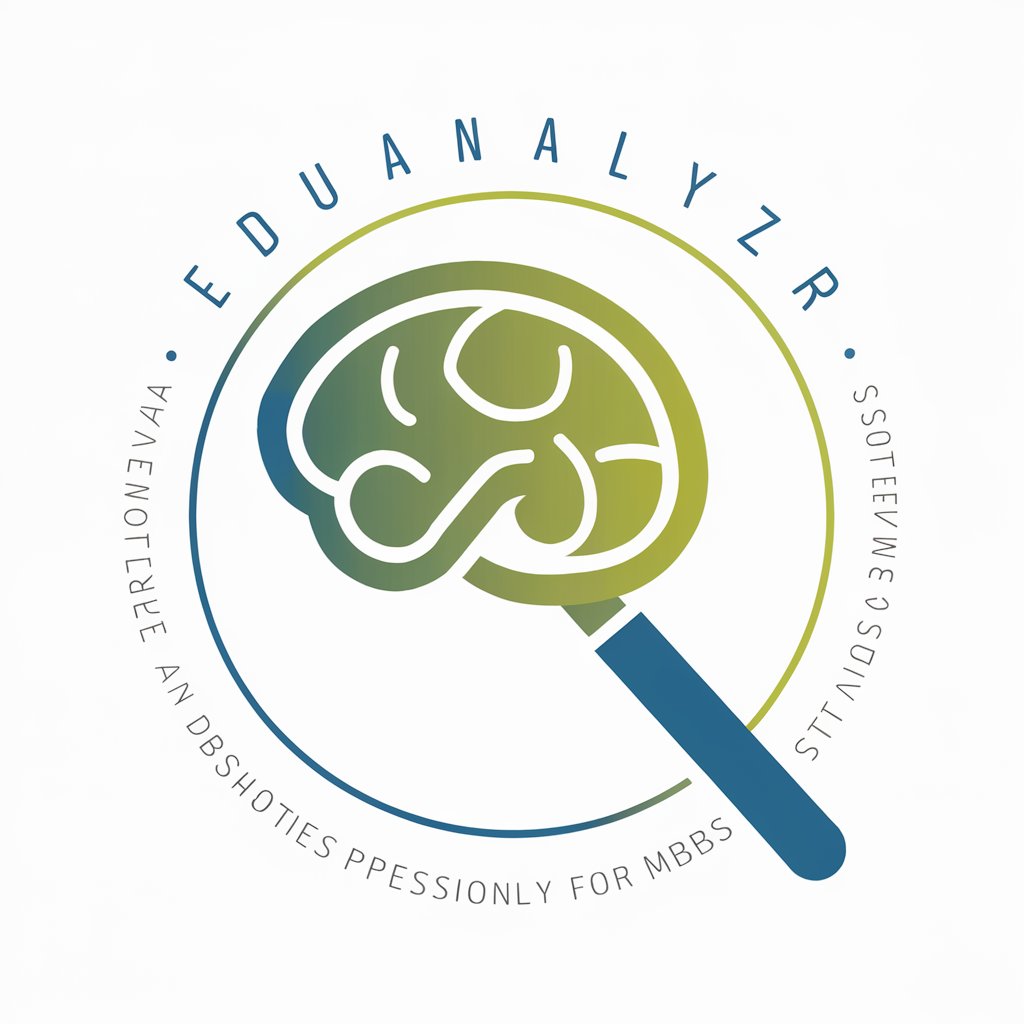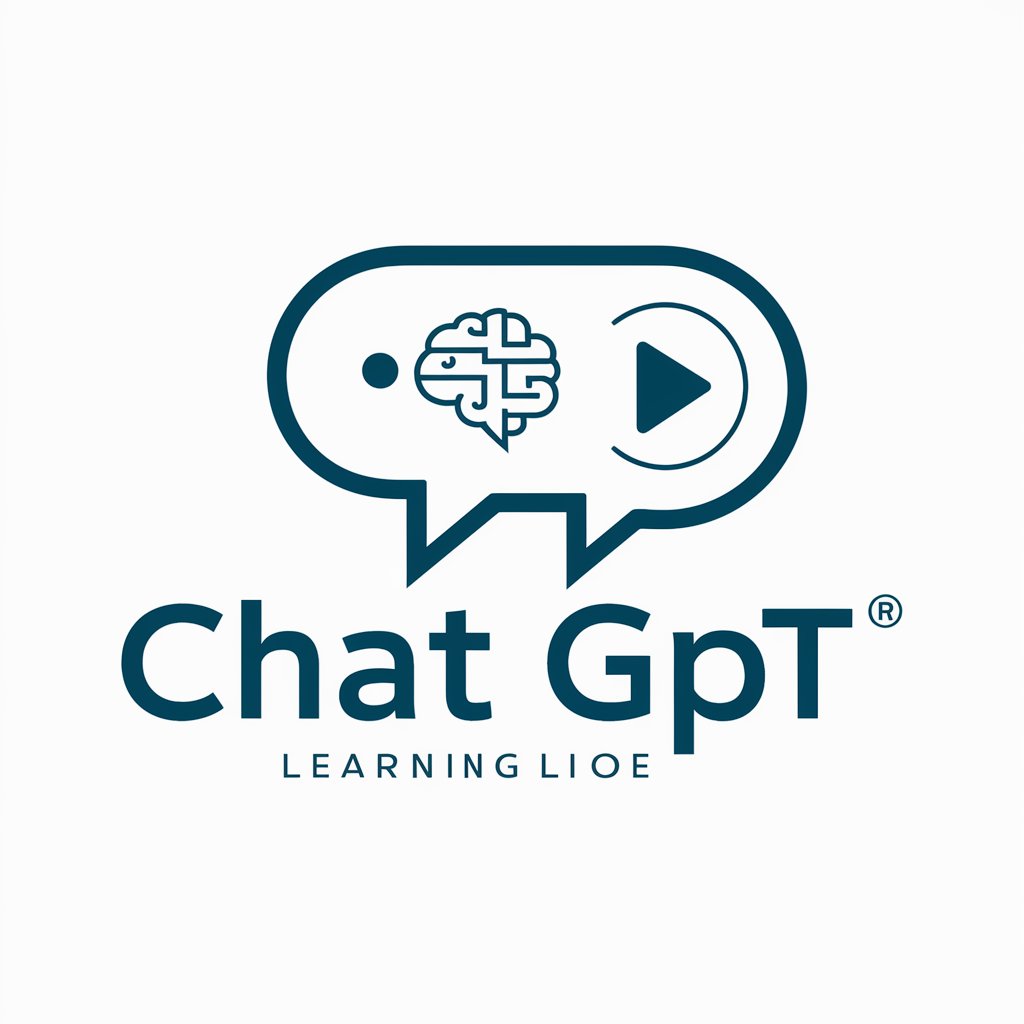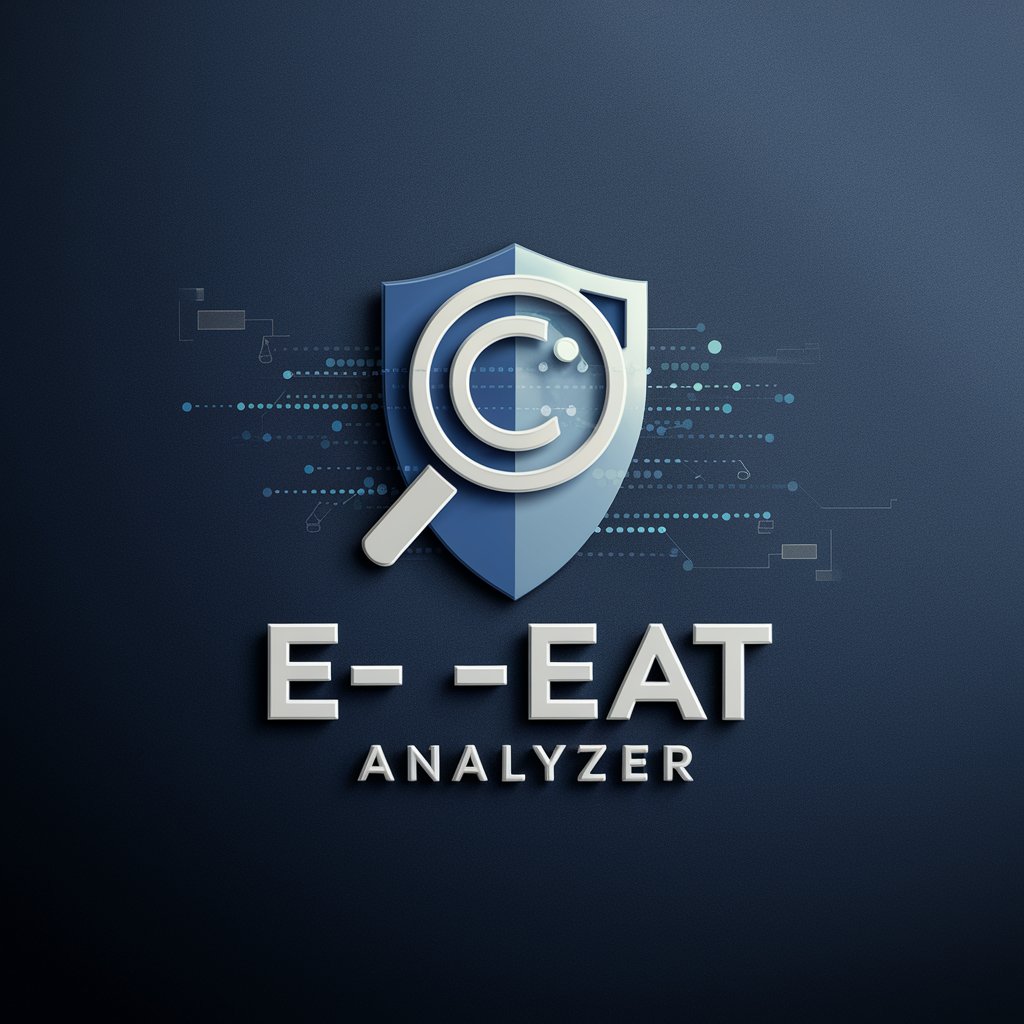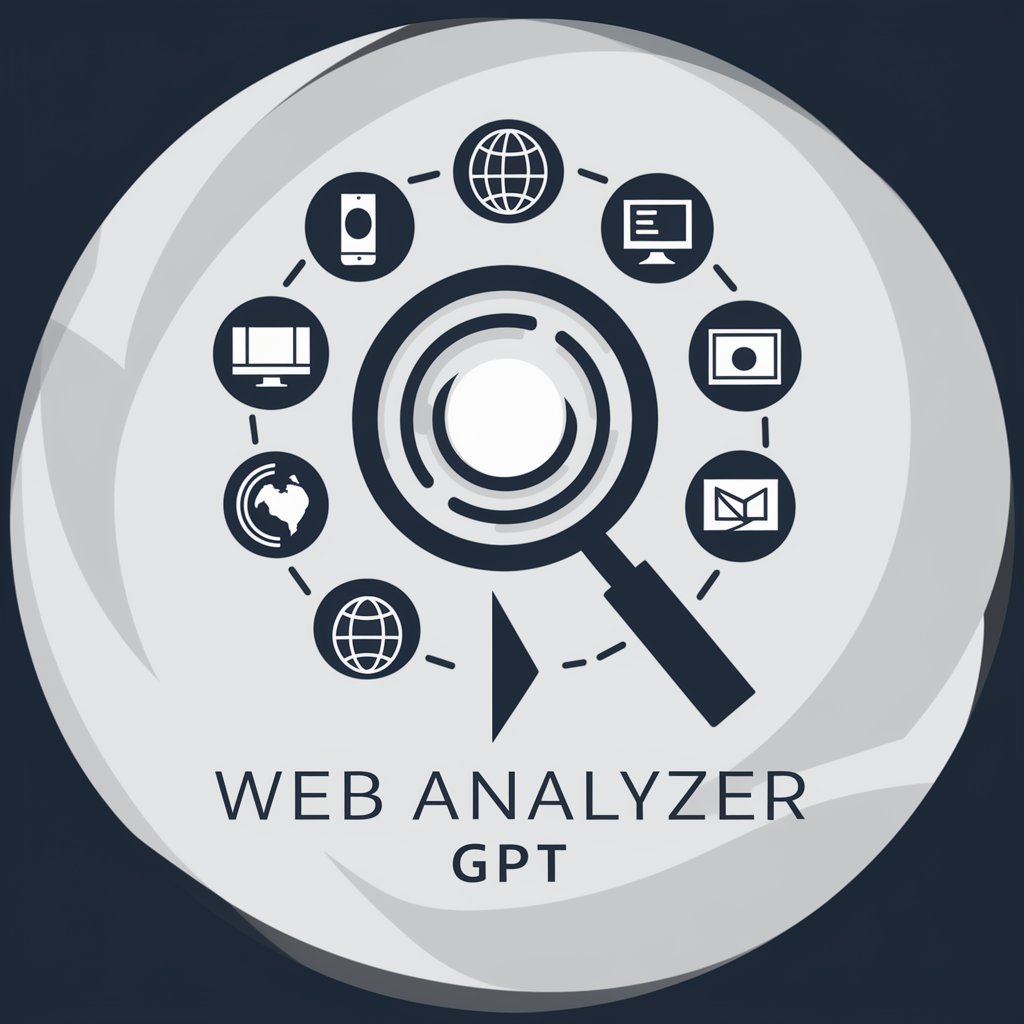
EduAnalyzer - Educational Data Insights

Hello, I'm EduAnalyzer, ready to assist with your educational insights.
Elevate Learning with AI Analysis
Can you evaluate the effectiveness of the AETCOM module based on student feedback?
What improvements can be made to enhance the AETCOM training for MBBS students?
Analyze the student responses to identify key areas of success in the AETCOM module.
How does the AETCOM module align with the educational goals for MBBS students?
Get Embed Code
Understanding EduAnalyzer: A Specialized Tool for Educational Assessment
EduAnalyzer is a specialized GPT model tailored to analyze and evaluate educational modules, particularly focusing on the AETCOM (Attitude, Ethics, and Communication) module for MBBS students. Its primary purpose is to assess the effectiveness of these educational programs through detailed analysis of student feedback and performance data. EduAnalyzer is designed to facilitate a deeper understanding of how well educational content meets its objectives, highlighting areas of strength and identifying opportunities for improvement. An example scenario illustrating EduAnalyzer's utility involves a medical college seeking to evaluate the impact of its AETCOM module on student competencies in communication, ethics, and professionalism. By analyzing student feedback and performance before and after the module, EduAnalyzer helps educators discern the module's effectiveness in enhancing these crucial skills, providing actionable insights for curriculum enhancement. Powered by ChatGPT-4o。

Core Functions and Real-World Applications of EduAnalyzer
Analysis of Student Feedback
Example
For a module on medical ethics, EduAnalyzer can dissect student responses to pre- and post-module surveys, identifying patterns and sentiments that suggest how well the module conveyed its ethical principles.
Scenario
In a scenario where a medical school wishes to understand the impact of its ethics module, EduAnalyzer processes and analyzes student feedback, enabling curriculum developers to refine the module based on student perceptions and learning outcomes.
Evaluation of Educational Content Effectiveness
Example
EduAnalyzer assesses quiz and exam results before and after specific modules, using statistical and AI-driven analyses to gauge learning improvements.
Scenario
When a faculty member introduces a new communication skills workshop, EduAnalyzer evaluates its success by comparing students' performance in related assessments pre- and post-workshop, offering insights into the workshop's effectiveness and areas for improvement.
Recommendations for Curriculum Development
Example
Based on detailed analysis of student performance and feedback, EduAnalyzer can suggest targeted improvements for modules, such as incorporating more case studies in areas where students struggle.
Scenario
Facing challenges in student engagement with complex ethical dilemmas, a curriculum developer uses EduAnalyzer's recommendations to integrate interactive simulations, enhancing student understanding and involvement.
Who Benefits from EduAnalyzer? Target User Groups Explained
Educational Administrators and Curriculum Developers
This group, responsible for designing and updating educational content, can leverage EduAnalyzer to measure and enhance the effectiveness of their programs, ensuring that learning objectives are met and curriculum remains aligned with current educational standards and student needs.
Faculty and Teachers
Educators can use EduAnalyzer to obtain insights into student learning patterns, feedback, and performance, allowing them to tailor their teaching approaches and material to better suit their students' needs, ultimately fostering a more effective learning environment.
Educational Researchers
Researchers focusing on educational methodologies and outcomes can employ EduAnalyzer as a tool for conducting detailed analyses of educational programs and initiatives, aiding in the development of more effective teaching practices and learning models.

How to Use EduAnalyzer
Initial Access
Visit yeschat.ai for a complimentary trial; no login or ChatGPT Plus required.
Select Module
Choose the specific educational module you wish to analyze, such as the AETCOM module for MBBS students.
Input Data
Enter the student feedback or educational content data into the system to start the analysis process.
Analyze Results
Review the generated insights and assessments regarding the effectiveness and areas for improvement within the educational content.
Implement Feedback
Utilize the suggestions and insights provided to refine teaching methods or educational materials, aiming for enhanced student comprehension and engagement.
Try other advanced and practical GPTs
날씨 알려줍니다.
Your AI-Powered Meteorologist

Nuggets Trade Playmaker
Master Finance with AI-Powered Sports Insights

Artphil Study Abroad Center
Empowering Your Artistic Journey with AI

Cathode Papers
Powering scholarly analysis with AI

Author's Companion
Crafting Better Words with AI

Chat GPT学习视频资源
Power your learning with AI video insights

📧 ColdFusion Email Notifications
AI-powered ColdFusion Email Notifications

EduQuest Architect - Spa
Transform Learning with AI Gamification

Expert em Processos e Gestão Empresarial
AI-Powered Business Process Management

Home & Style Advisor
Revolutionizing Home and Style with AI

ZELENZ
Unleash insights with AI-powered divination

MB Life Coach
Empower Your Potential with AI

Detailed Q&A About EduAnalyzer
What types of educational content can EduAnalyzer assess?
EduAnalyzer can assess a variety of educational content including structured student feedback, test results, and qualitative inputs across various educational modules, focusing especially on medical education like the AETCOM module.
How does EduAnalyzer handle privacy and data security?
EduAnalyzer adheres to strict privacy policies, ensuring that all data entered is securely handled and that user information is anonymized to maintain confidentiality.
Can EduAnalyzer provide comparative analyses?
Yes, EduAnalyzer can perform comparative analyses between different sets of student data or over time, helping educators track progress and identify trends.
Is there a feature to customize the analysis?
Yes, users can customize the parameters of the analysis to focus on specific areas of interest within the educational data, such as particular student demographics or module sections.
What output formats are available from EduAnalyzer?
EduAnalyzer provides outputs in various formats including graphical representations, detailed reports, and summary insights, all designed to be easily interpretable and actionable.





